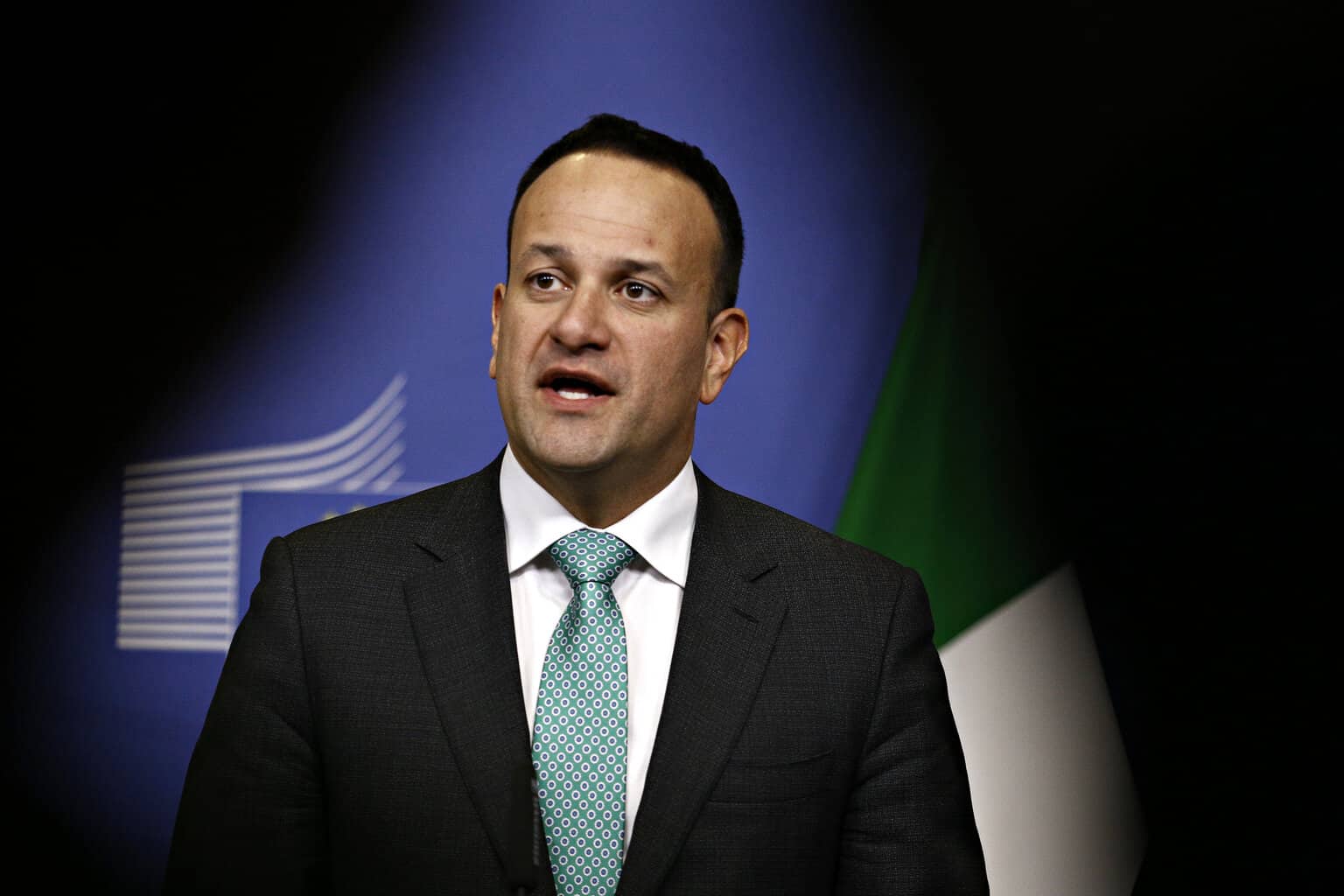The independent minded nationalist Jarlath Kearney has been doing some interesting break-out thinking. Couched in strategic language to distance his message from the old zero sum debate, he laments the cooling of the British -Irish relationship whose revival he sees as the only way to advance politics in the North. For Kearney, that relationship has to mean much more than closer diplomatic relations.
The primordial Ireland-UK challenge is straightforward: there is an absolute, overriding requirement to rediscover and replenish a deep-seated, philosophical, bilateral commitment towards the institutional partnership of London and Dublin. It’s not simply about addressing bland indifference in London, or flawed political capacity in Northern Ireland, or skewed perceptions of Dublin as being too Europhile
The next generational phase of evolution across and between these islands can only happen in an agreed partnership framework devised by both sovereign governments. That is the binding constitutional requirement of the 1998 Agreement’s arrangements. Unilateralism is neither possible, practicable nor desirable
Two states one system
Ultimately, a new political management framework, likely under a new Treaty to augment the 1998 Agreement, and anchored within the essence of ‘two states, one system’ thinking, will be the arena to which bilateral Ireland-UK conversations will logically return (if logic has its way).
This adds ambition to the familiar call to revive the three strands. The trendy view in Dublin is that little Britain isolated itself by Brexit leaving Ireland flourishing and happy as part of big Europe. Kearney takes the unfashionable view that the UK and Ireland have to rebuild their hitherto close relationship for their mutual benefit, not only for Northern Ireland
Ultimately, the question we are facing across Ireland and the UK is this: how do we successfully organise ourselves collectively across these islands for sustainable coexistence? That needs to be driven by the interrogation of hard evidence and engagement, not by the ideology or myopia of Holy Grails.
Some key political decision-makers in London currently see Ireland as little more than a niche local issue, an irritation for housekeeping. Strong practical proposals, such as joint cabinet meetings, and structured secondments between officials and departments, are no longer on the agenda in this current parliament.
As stated, the problem isn’t simply one of London’s neglect by omission. It also represents a structured failure by party-political interests on the island of Ireland – including those interests driving peremptory demands on ill-defined concepts of “reunification” who would actually need to win real influence in London.
This party-political weakness contrasts with the long-term effectiveness of steady, sustained and successful work by the Irish government’s Shared Island Initiative. The government’s Unit is practically developing genuine engagements, effective research, and solid funding streams on an all-island basis, with a focus on reconciliation of people across Ireland – in line with Article 3 of the Irish Constitution and the 1998 Agreement. Steady partnership agendas by Ireland’s diplomatic team across Britain are quietly building on this initiative. (But any bridge needs two sides before it meets in the middle.)
Now here’s a really interesting thought
The idea of winners and losers in constitutional evolution is antithetical to the living requirements of reconciliation and rights.
This appears to acknowledge that mounting pressure for an early border poll is incompatible with making the Assembly work and Dublin’s wider interests.
Westling with implications of the Ukraine war, a new strategic imperative has emerged, out of kilter with the anti-imperialist neutrality of a past age and Ireland’s much vaunted modern Europeanism
Dublin is grappling with the reality of significant geopolitical national security issues affecting the island of Ireland – in a way, today, as never before. It’s striking that London will continue to be Ireland’s close (and geographically closest) partner in dealing with these issues.
That means whoever sits in the Taoiseach’s office after the next Irish election, from whichever party, will have to govern the protection of Ireland and its people based, in part, on direct and open partnership and product from the UK’s security and intelligence agencies – MI5, MI6 and GCHQ. (This is one arena that the UK has largely managed to maintain with EU partners.) Some people don’t seem to have their heads around that.
How to put flesh on these bones? Turning back to our tortured politics, there seems little on offer from Dublin as well as London, apart form the carefully depolticised and modest Shared Island. For the North with human rights guaranteed and “ peace “ protected by security cooperation, what is there left for the co-guarantor to guarantee? What we got from Leo Varadkar the other day was studiously vague- too little for nationalists, too much for unionists, as he contemplated continual stalemate with the BBC ‘s Gareth Gordon If that opportunity is missed, said Mr Varadkar, “then I do think at that point we have to start having conversations about alternatives, about Plan B”
I asked if he was talking about joint authority over Northern Ireland shared between the British and Irish governments and he pointed out there was no provision for that in the Good Friday Agreement – but nor was there any provision for direct rule from Westminster, he said, adding: “I don’t mean anything specifically.”
Some way to go there to realise Jarlath Kearney’s bold vision.
.
Former BBC journalist and manager in Belfast, Manchester and London, Editor Spolight; Political Editor BBC NI; Current Affairs Commissioning editor BBC Radio 4; Editor Political and Parliamentary Programmes, BBC Westminster; former London Editor Belfast Telegraph. Hon Senior Research Fellow, The Constitution Unit, Univ Coll. London
Discover more from Slugger O'Toole
Subscribe to get the latest posts to your email.
